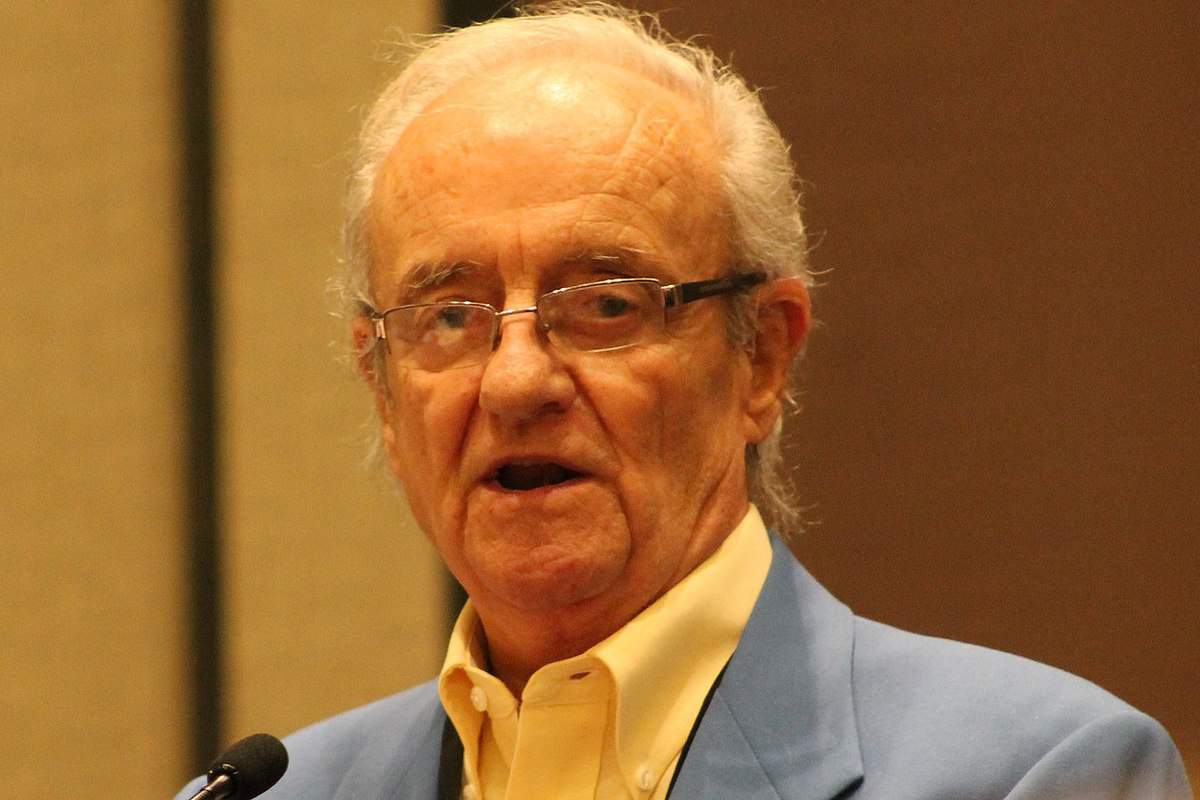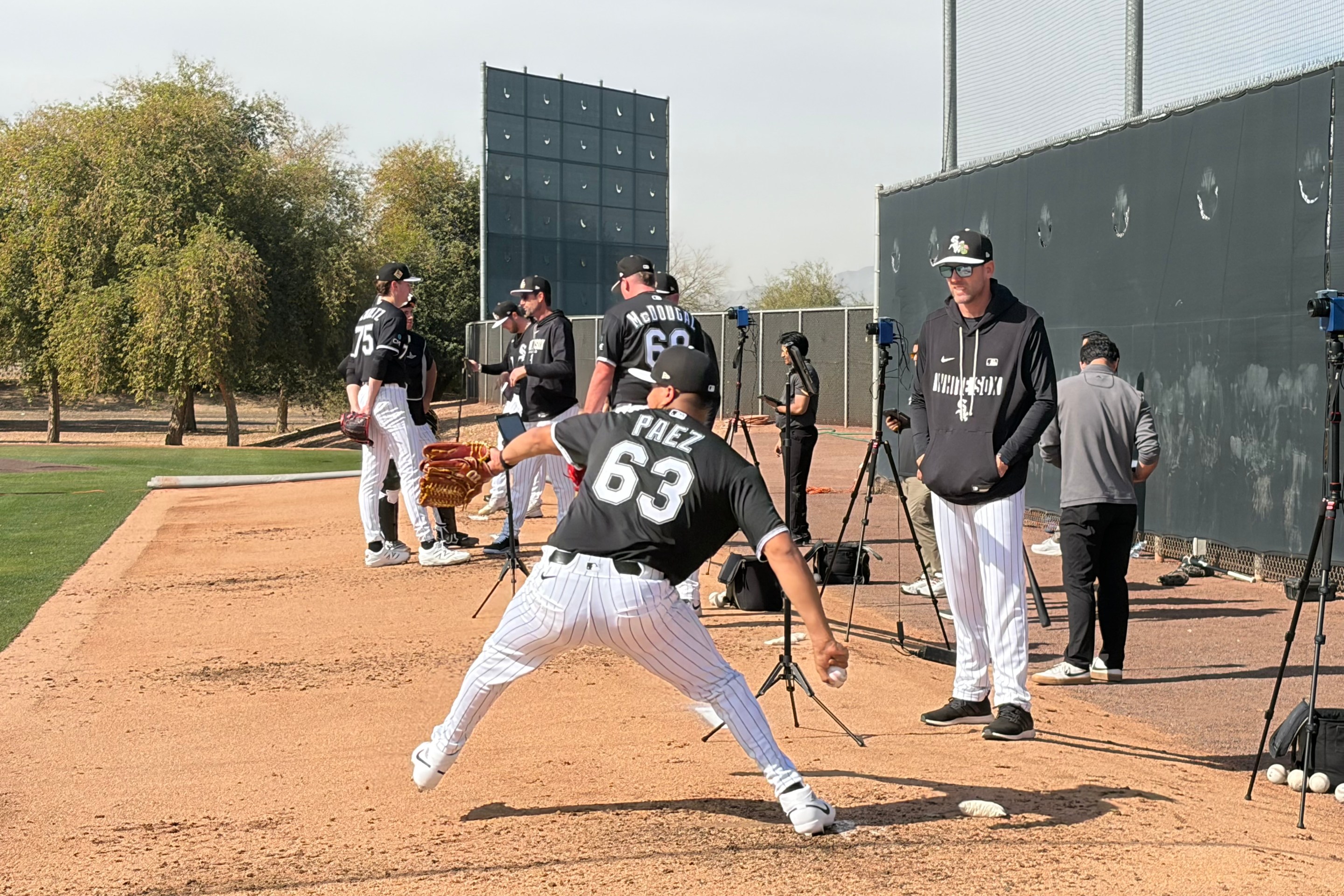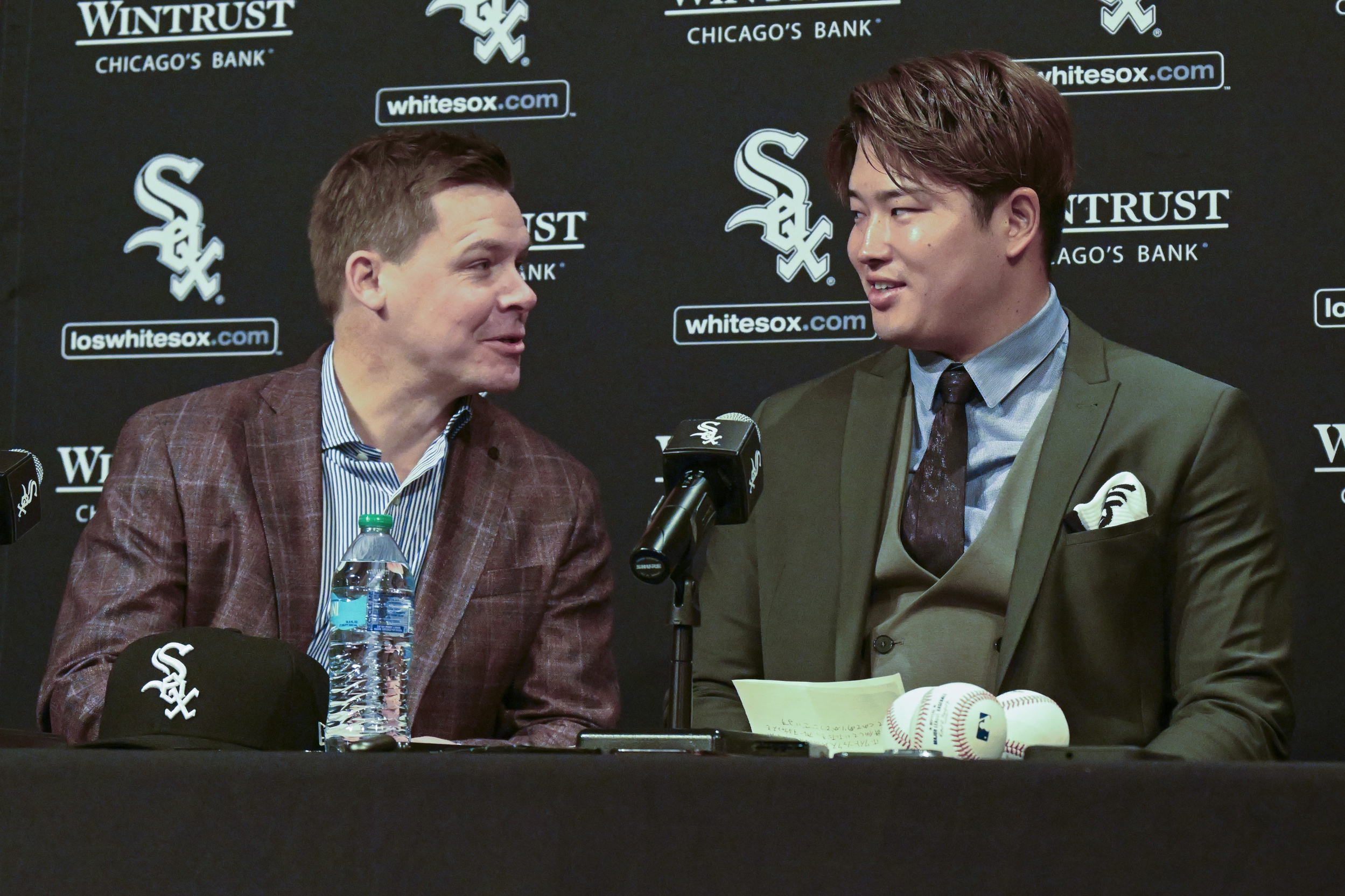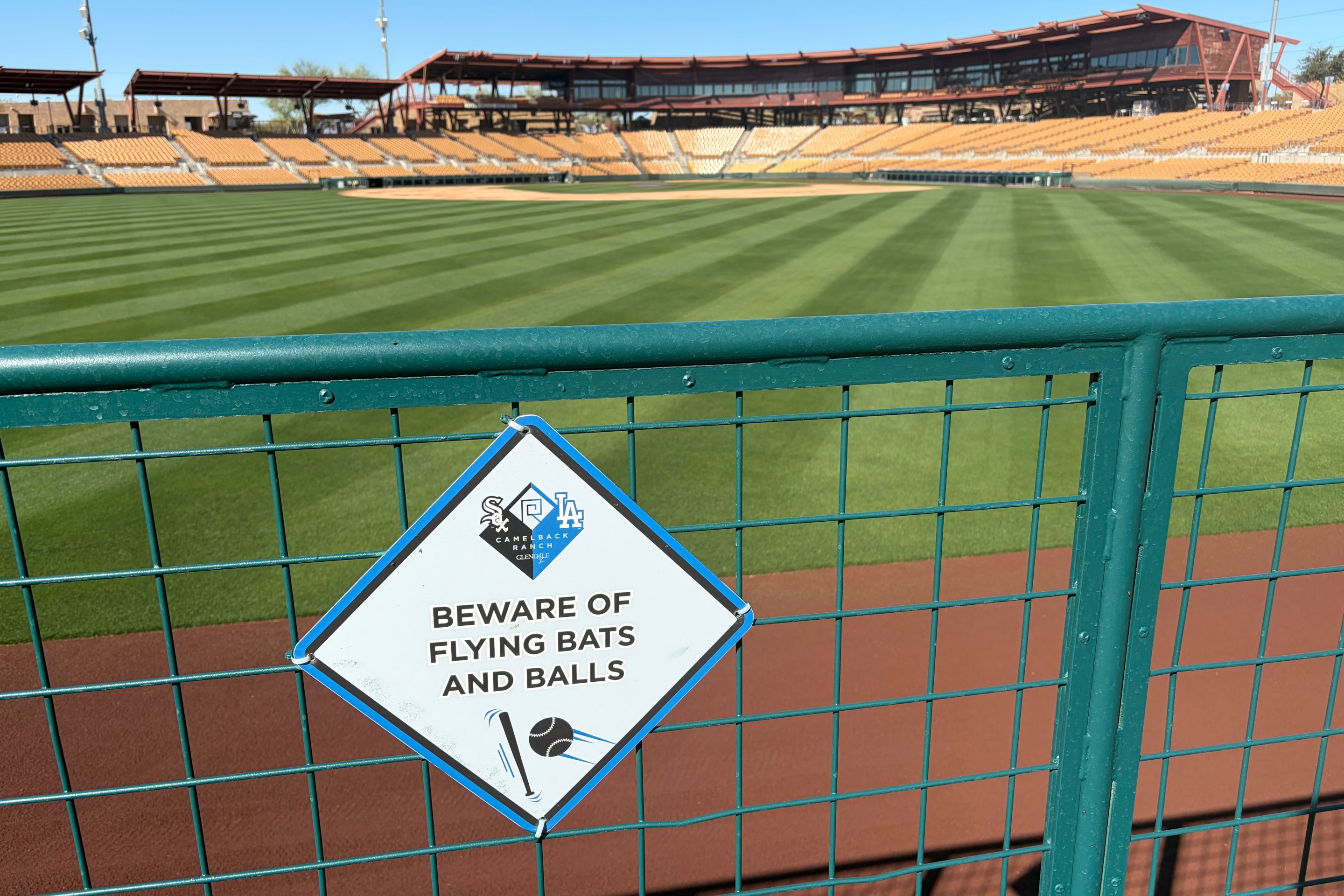When Chuck Tanner, the manager of the White Sox during their exciting revival in the early 1970s, died in 2011, we had a discussion about the figures most responsible for keeping the Sox in Chicago during a time when destinations like Milwaukee and Denver beckoned.
I gave Tanner the third spot. In second was Dick Allen, whose MVP season in 1972 and second home run title in 1974 gave the White Sox an offensive juggernaut the Sox lacked since Shoeless Joe Jackson.
At the top of the list was Roland Hemond. He was granted control as director of player personnel after the White Sox hit their nadir, drawing fewer than 500,000 fans in 1970. He had the imagination to trade for Allen and give him the kind of environment to allow him to work his magic, including the hiring of Tanner. And when the core of those teams -- and the ownership of John Allyn -- ran their course, he helped reinvent the White Sox yet again with encouragement from Bill Veeck for their magical South Side Hitmen season of 1977.
And when Jerry Reinsdorf's group bought the team in 1981, Hemond survived a transition to a third owner and engineered the Winning Ugly White Sox of 1983, the franchise's first division-winning team in 24 years.
Hemond, who died on Monday at the age of 92, performed one heroic feat after another in keeping the White Sox relevant when circumstances could have conspired to shuttle them off to another city, but the list of miracles is only half the reason why he's the closest thing Major League Baseball had to a living saint. It's either him or Buck O'Neil, which makes it fitting that Hemond was the first person to win the honor established in O'Neil's name.
Beyond his track record is a larger impact captured by the tributes that came rolling in from all directions. His career spanned 70 years, joining the Braves at the tail end of their Boston days and in the scouting ranks and moving with them to Milwaukee, where they won a World Series with Hemond as the assistant scouting director. He then advanced into a scouting director position for the expansion Los Angeles Angels in 1961. Following his time with the White Sox from 1970 through 1985, Hemond served as the general manager for the Baltimore Orioles, before taking over the Arizona Diamondbacks in the first five years of their existence. He rejoined the White Sox as an executive adviser during the transition from Ron Schueler to Kenny Williams. In 2007, he returned to the Diamondbacks as a special assistant to the president.
In between the jobs with the Orioles and Diamondbacks, Hemond worked for Major League Baseball, during which he founded the Arizona Fall League in 1992.
Te variety of experiences allowed him to touch a lot of lives and develop a ton of talent beneath him. Besides identifying La Russa's talent as a manager in 1980, Hemond's leadership tree includes Williams, Dave Dombrowski and Walt Jocketty as World Series-winning architects who got their starts under his guidance.
Hemond had a great eye for talent, but it was accompanied by a rare humanity in a cutthroat environment. It's not uncommon to hear only kind things said about a person shortly after they die. It's much more rare to hear nothing but kind things said about a person who is being fired. When Jerry Reinsdorf decided to replace Hemond at GM with Hawk Harrelson in October of 1985, he could only offer praise.
The stories being shared after Hemond's death paint the picture of a prince.
Hemond left every team in a better position than he found it, and he seemingly did it while being the best person he could be. He also found ways to improve the game outside of rosters. His legacy includes the foundation of the Arizona Fall League in 1992, and his impact on scouts reaches even further:
As a co-founder of the Professional Baseball Scouts Foundation, Hemond was instrumental in providing financial assistance to any talent evaluators who had fallen on hard times. As president of the Association of Professional Baseball Players of America, he also helped provide college scholarships to former players and others connected with the game. In 1983, he single-handedly convinced baseball owners to approve a pension plan for non-uniformed personnel, which he later called his greatest contribution to the sport. It was a decision that positively affected thousands of families. Like his old boss, Hall of Fame executive Bill Veeck, he was always thinking of “the little guy.”
On one hand, it's unfortunate that Hemond's passing occurred during a lockout. Then again, the reflections on his life and work should remind everybody of the immeasurable rewards of investing in people.
(Photo by Eric Enfermero)






